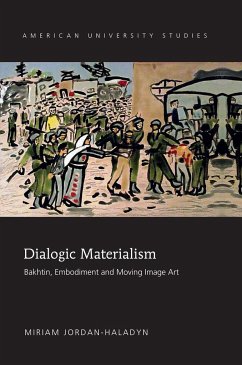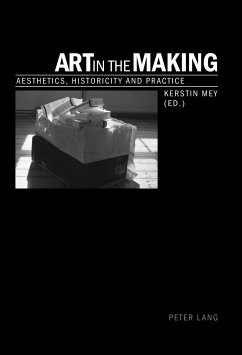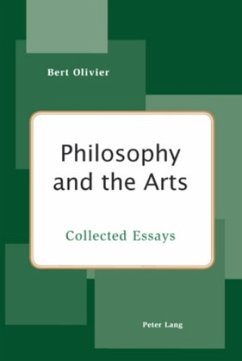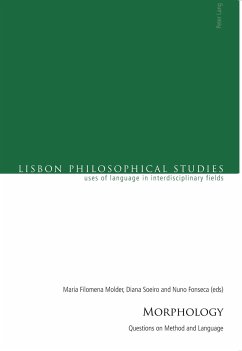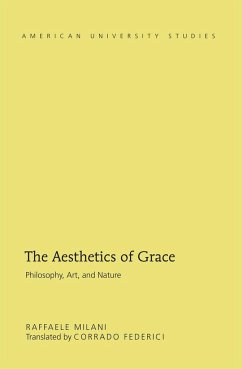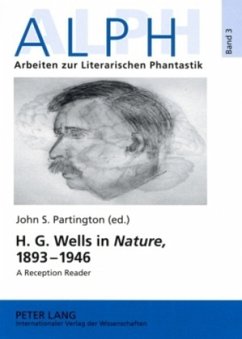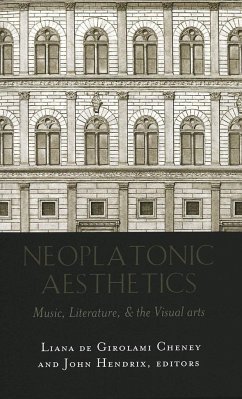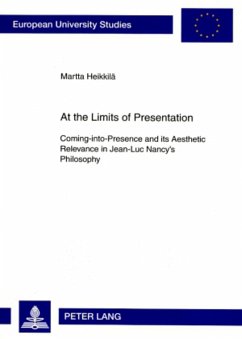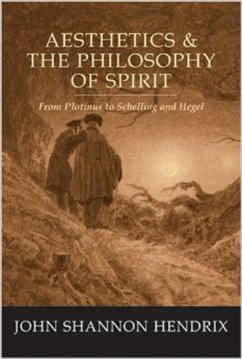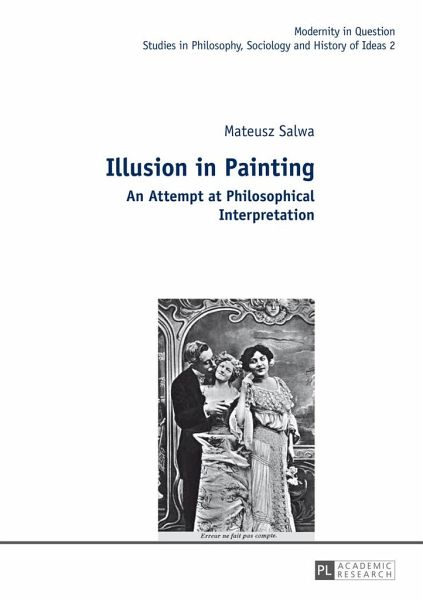
Illusion in Painting
An Attempt at Philosophical Interpretation
Versandkostenfrei!
Versandfertig in 6-10 Tagen
70,50 €
inkl. MwSt.

PAYBACK Punkte
0 °P sammeln!
This book aims to present trompe-l'oeil painting, which epitomizes the myth of the illusionistic image - an early modern way of thinking about pictures, according to which it is possible to create an image identical to what it represents that at the same time preserves its own pictorial identity. Trompe-l'oeil, despite being a marginal genre, embodied an ideal that painting should attain, and therefore is a good point of departure for analyzing issues such as (aesthetic) illusion in art. As the myth undermines Plato's aesthetics, it is his philosophy of art, with its dichotomies of appearance/...
This book aims to present trompe-l'oeil painting, which epitomizes the myth of the illusionistic image - an early modern way of thinking about pictures, according to which it is possible to create an image identical to what it represents that at the same time preserves its own pictorial identity. Trompe-l'oeil, despite being a marginal genre, embodied an ideal that painting should attain, and therefore is a good point of departure for analyzing issues such as (aesthetic) illusion in art. As the myth undermines Plato's aesthetics, it is his philosophy of art, with its dichotomies of appearance/reality or mimesis/diegesis that offers the most useful context for the discussion of this topic and shows that trompe-l'oeil is a playful and ironic genre, which has cognitive value as well.





